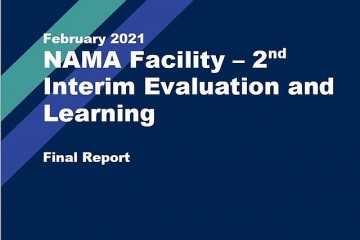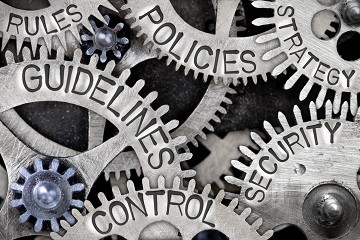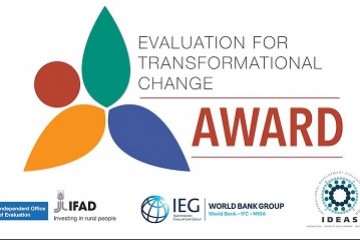Energy transition in the United States shouldn’t be narrowed to wind, solar and hydroelectric
Adam L. Reed, our associate in the USA, has co-authored the paper "Evaluation of a proposal for reliable low-cost grid power with 100% wind, water, and solar". This new paper shows that future primary energy sources for the United States should not be narrowed to almost exclusively wind, solar, and hydroelectric. A policy prescription that overpromises on the benefits of relying on such narrow portfolio of technologies options could be counterproductive, seriously impeding the move to a cost effective decarbonized energy system.
This paper claims that a diverse portfolio of technologies is the most feasible route to a low-carbon energy future, in contrast to studies that consider whether the future primary energy sources for the United States could be narrowed to almost exclusively wind, solar, and hydroelectric power. In particular, the released paper finds that the widely disseminated research by Jacobson et al. (2015) in "Low-cost solution to the grid reliability problem with 100% penetration of intermittent wind, water, and solar for all purposes" involves errors, inappropriate methods, and implausible assumptions. Jacobson et al suggested that the energy transition can be done at “low-cost” with a narrow portfolio of technologies in a way that it supplies all power with a probability of loss of load “that exceeds electric-utility-industry standards for reliability”.
The paper can be downloaded here.




